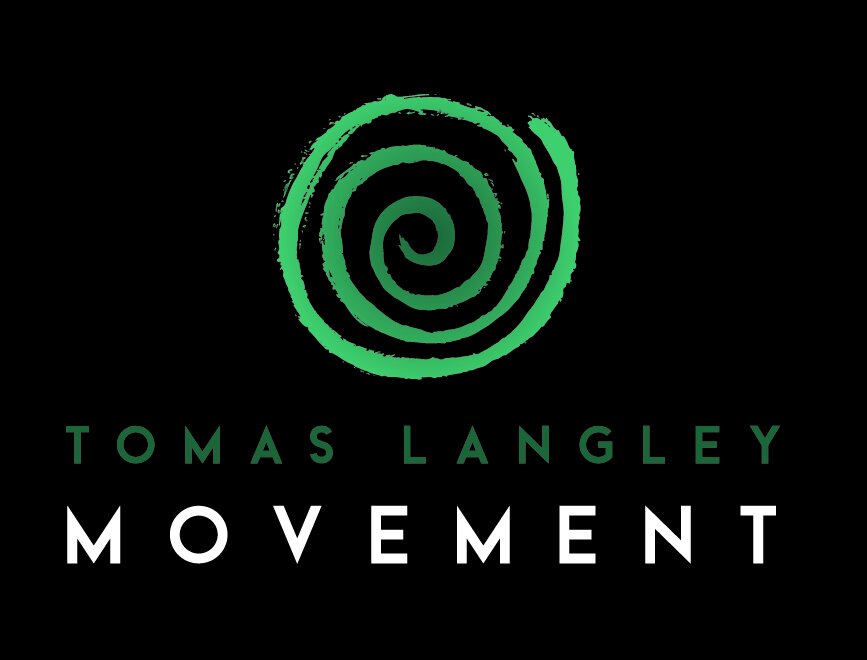While studying for my Precision Nutrition Level 2 certification, I came across this cool metaphor for the relationship between our frontal cortex (‘thinking’ brain) and our deeper emotional brain. It’s from the book ‘Switch’ by Chip and Dan Heath. I think it’s a great way to describe the challenges you face when you’re trying to make a change in your life.
The elephant and the rider
- The rider is logical, planning, judging, ‘thinky’ brain. It controls the direction of the elephant... sort of.
- The elephant is the deeper emotional brain, as well as the more basic physical sensations and impulses devoted to survival. It’s powerful and the rider can only direct it for so long.
- The path is the environment. The path can affect the elephants movements much more strongly than the rider can, and usually unconsciously.
As the rider, you believe yourself to be in control. So you try to ‘control’ the emotional-brain elephant. You will be met with disastrous consequences when you try to force the elephant to go somewhere it doesn’t want to go (or indeed, if something surprises the elephant on the path).
Instead, your job as the rider is to observe and guide the elephant to navigate the path carefully. You can do this through mindfulness - observing your emotional brain and your environment and acting accordingly.
Speaking to the rider alone is a waste of time. The rider will be overwhelmed by the elephant at some point and the elephant is constrained by the path. Instead, you must talk to the rider, guide the elephant, and shape the path.
Noticing and Naming
You can start doing this with a basic mindfullness strategy called “noticing and naming”. This helps the rider (thinky brain) observe the elephants (emotional brain) movements and the paths contribution so you can respond rather than react.
Noticing is about observing and describing something at the most basic level. Naming is taking that description further and putting language (or imagery/metaphor) to it.
This should happen before you decide how to respond.
Give it a go. Ask yourself three questions today:
- What am I noticing?
- What would I name the thing I’m observing?
- How will I choose to respond?




